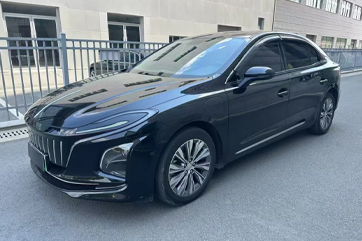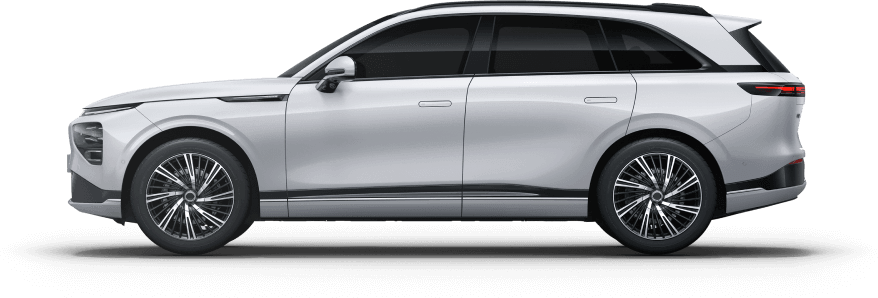Release Date : 2025-11-18
China has issued a new government notice aimed at tightening the management of used-vehicle exports, marking one of the most significant regulatory updates in the sector in recent years. The joint announcement, released by the Ministry of Commerce, Ministry of Industry and Information Technology, Ministry of Public Security, and the General Administration of Customs, seeks to regulate market competition, prevent misuse of export channels, and ensure that overseas buyers receive reliable and compliant vehicles from China.
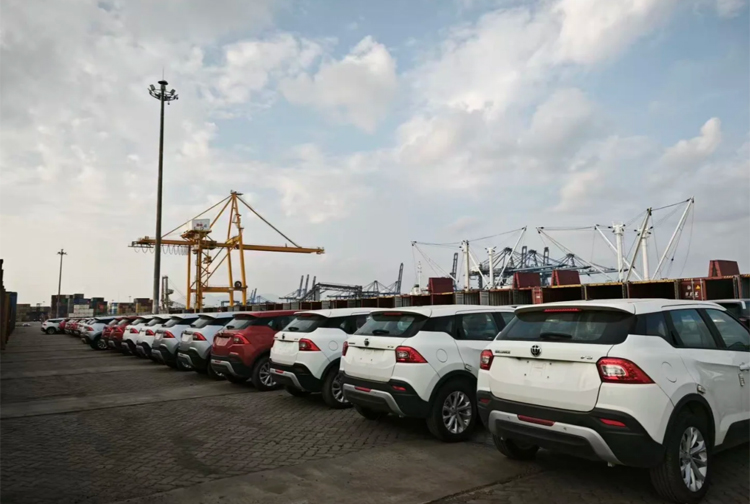
A key element of the new policy focuses on preventing “new cars” from being exported under the label of used vehicles. Beginning on January 1, 2026, any vehicle applying for export within 180 days of its first registration must be accompanied by an official After-Sales Service Confirmation Letter issued and stamped by the vehicle’s manufacturer. This document must clearly state the destination country, detailed vehicle information, and available overseas service networks. Vehicles that fail to provide this proof will not be granted export permits. For units already transferred for export before the policy takes effect, authorities will help companies complete deliveries in an orderly manner.
The notice also introduces stricter requirements for export permit applications. Exporters must ensure that information such as brand, model, registration date, and transfer-for-export date exactly matches China’s official Motor Vehicle Registration Certificate. Applications with incomplete or inconsistent data will be rejected. The Ministry of Commerce will closely monitor permit filings and publicly report companies or institutions found repeatedly violating the rules.
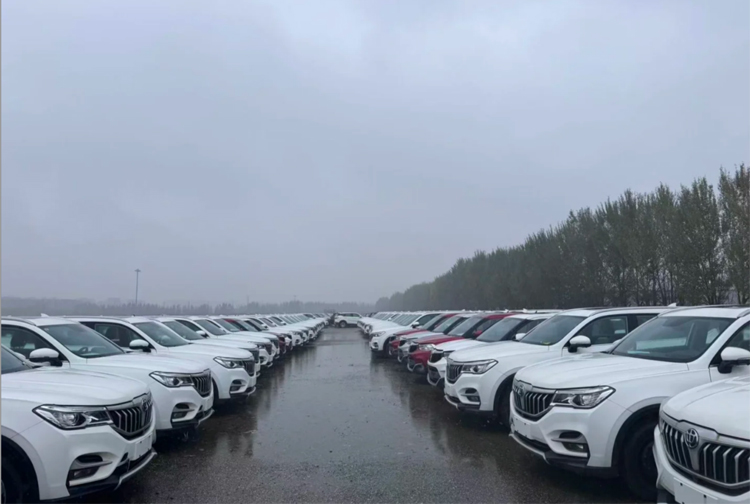
In addition to improving administrative strictness, China will strengthen its credit management system for used-car exporters. Local authorities are required to conduct ongoing supervision based on a national “Negative List of Dishonest Behaviors,” which highlights issues such as failure to provide after-sales support, inadequate spare parts supply, or repeated breaches of quality commitments. Companies with multiple violations may be required to issue corrective action plans or face restrictions on export permits until compliance is demonstrated. This mechanism is intended to improve business integrity and protect overseas importers from unreliable suppliers.
The policy places particular emphasis on regulating vehicles declared as converted or modified units. Exporters must submit verifiable proof of modification, and vehicles without proper certification or without inclusion in the national vehicle product catalog will be denied export permits. Authorities will also review production capacity to prevent irregular or fraudulent export declarations. China’s commerce, industry, and customs agencies will share data and intensify inspections to curb violations in the modification-vehicle segment.

Beyond tightening controls, the government aims to support the long-term development of China’s used-car export industry. Local departments are encouraged to help enterprises expand into international markets through trade promotion platforms and establish overseas display centers, warehouses, and marketing networks. Exporters are urged to collaborate with automakers and overseas distributors to improve after-sales support, ensuring parts availability and technical service. The notice also highlights the importance of building dedicated “one-stop” hubs that offer inspection, refurbishing, customs handling, and logistics services to streamline export procedures and enhance buyer confidence.
For overseas buyers, the new policies signal a more transparent and reliable environment when sourcing used cars from China. With stricter documentation, enhanced compliance requirements, and improved after-sales service expectations, global importers are likely to experience increased assurance and reduced risk when purchasing Chinese vehicles. The government’s efforts aim to elevate the industry’s global competitiveness and create a more trustworthy export ecosystem.
Source: Ministry of Commerce (MOFCOM), Ministry of Industry and Information Technology (MIIT), Ministry of Public Security (MPS), and General Administration of Customs (GACC) of the People’s Republic of China





.jpg)


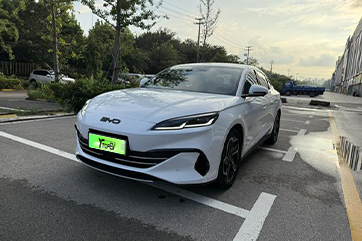
.jpg)
